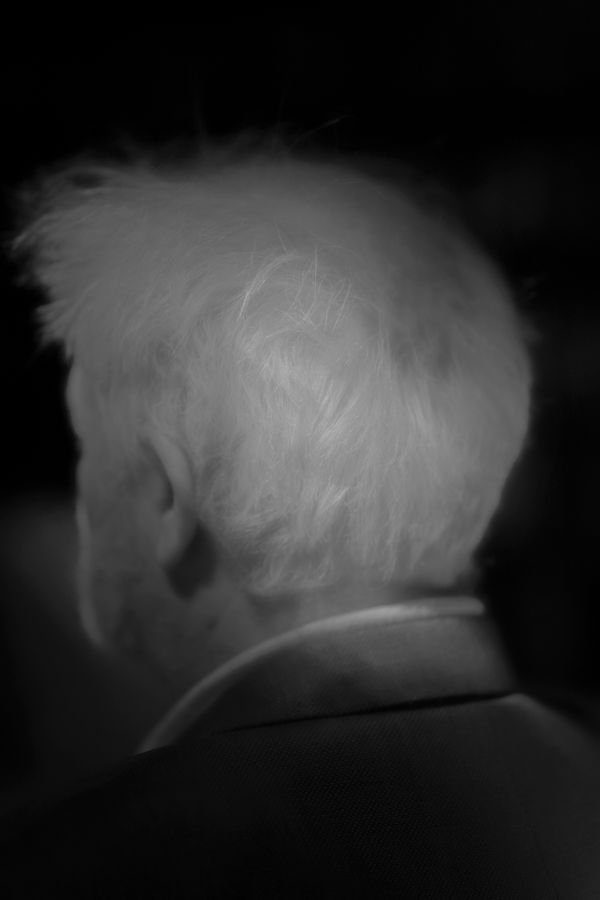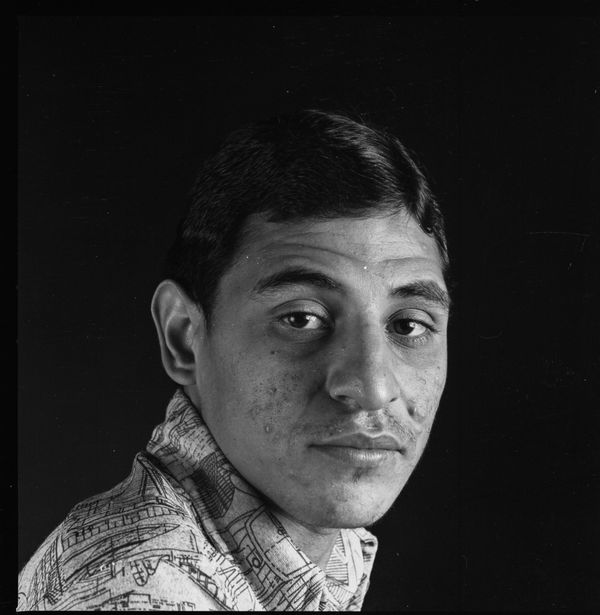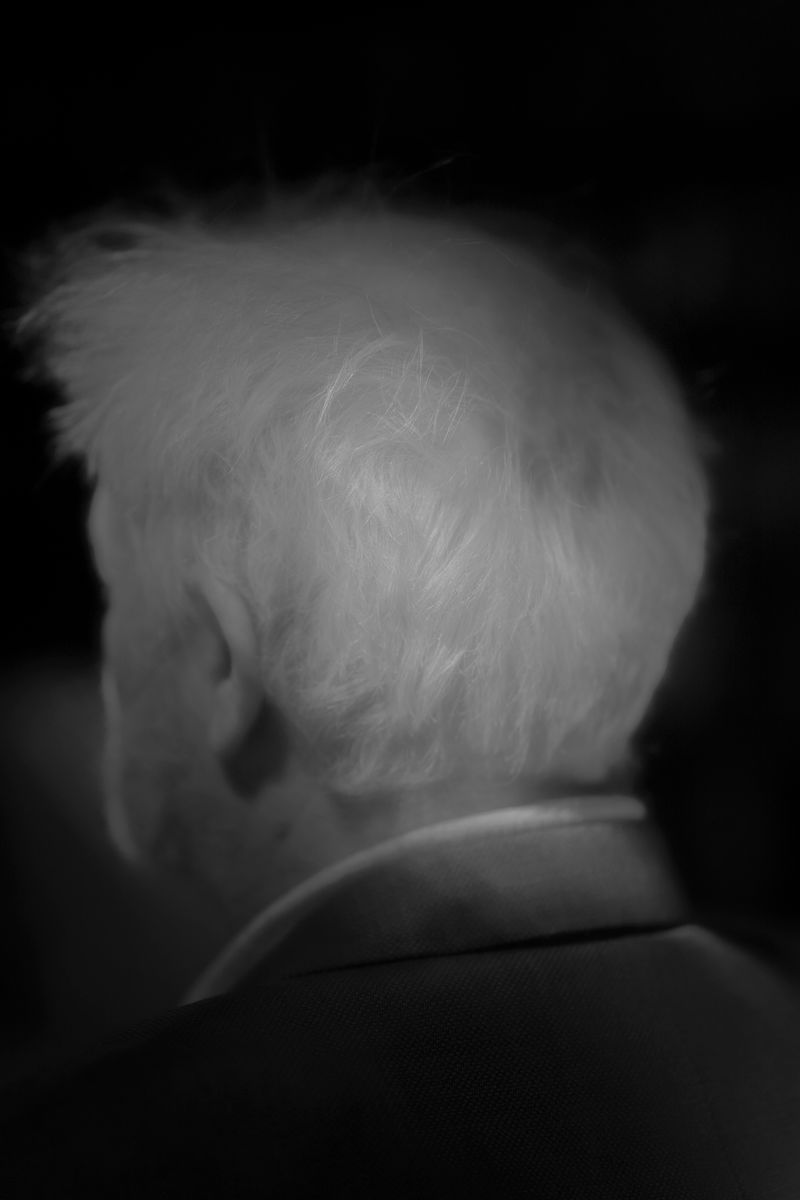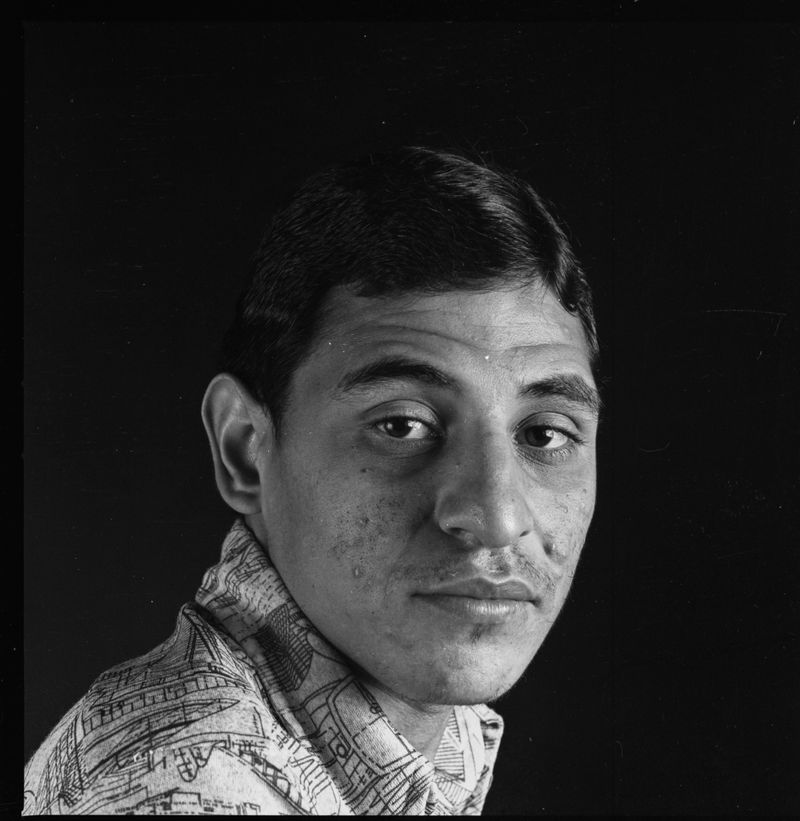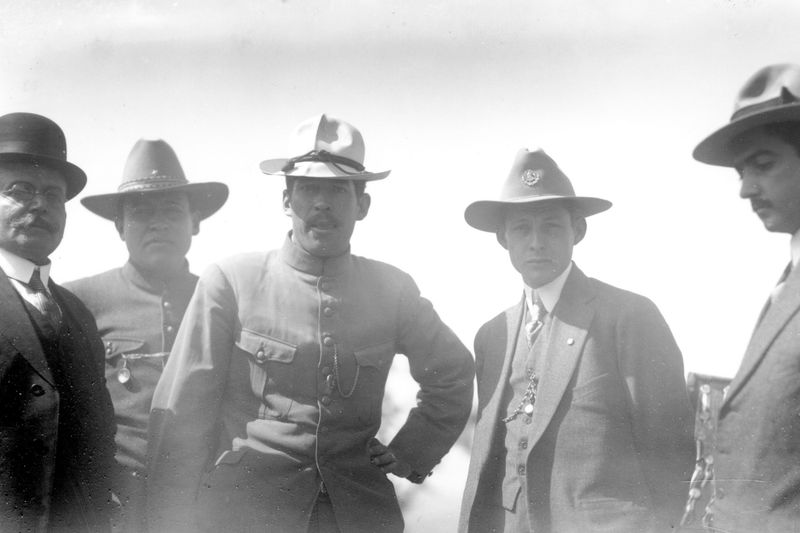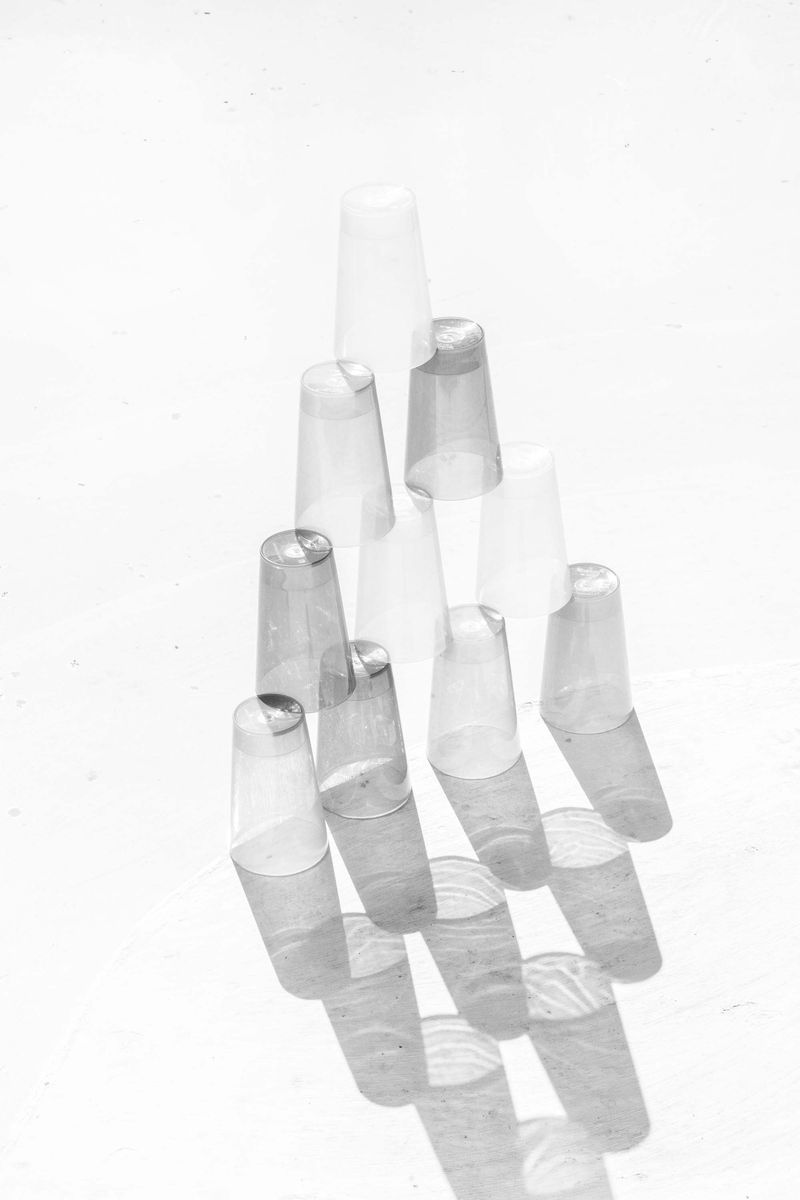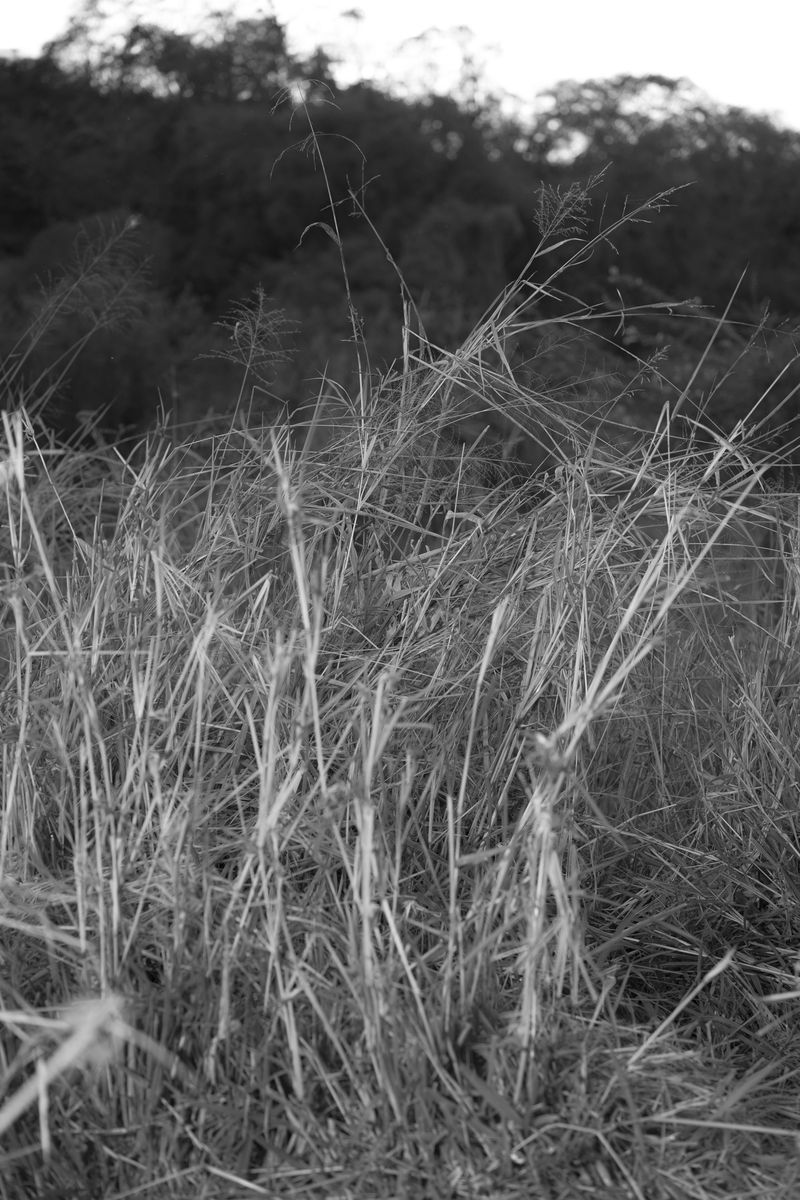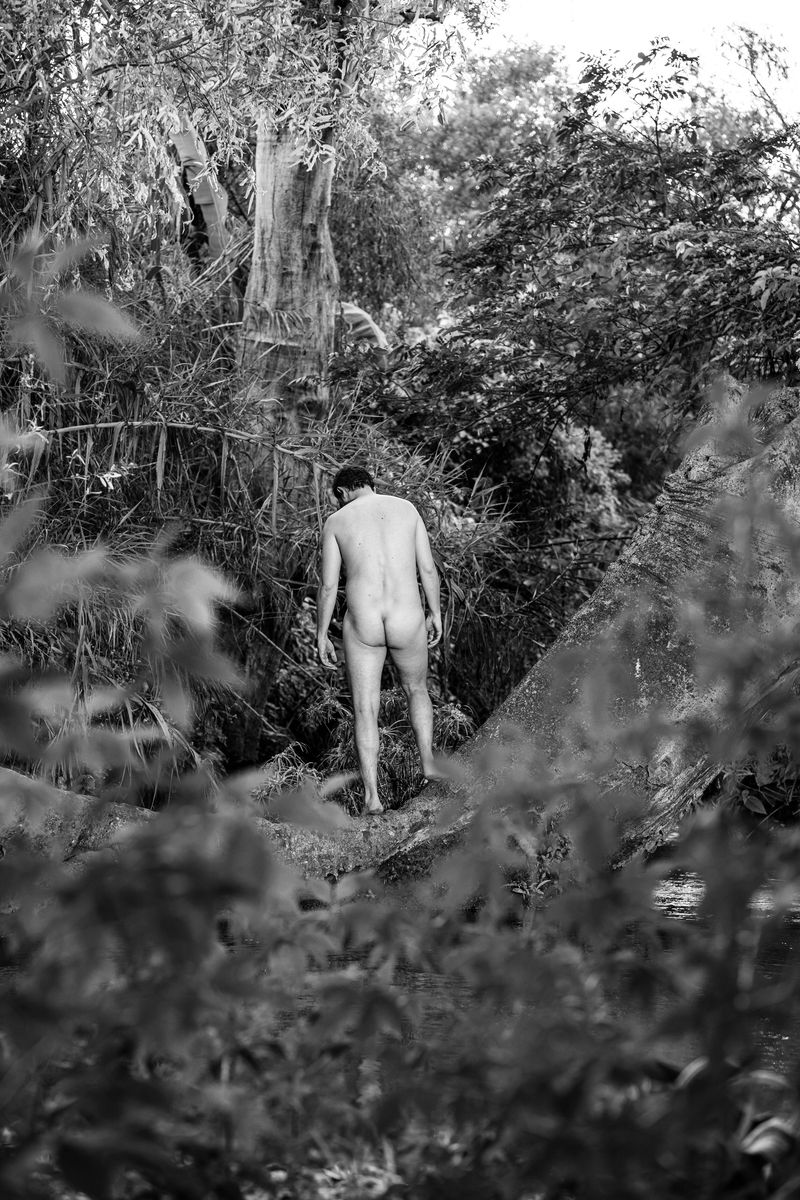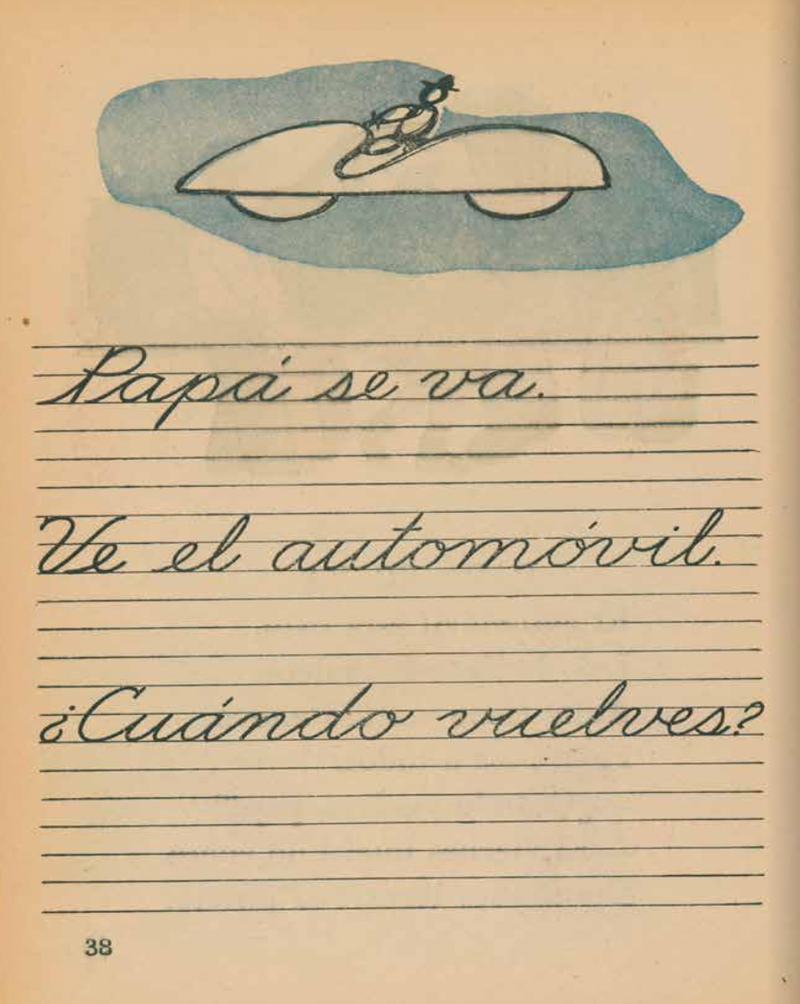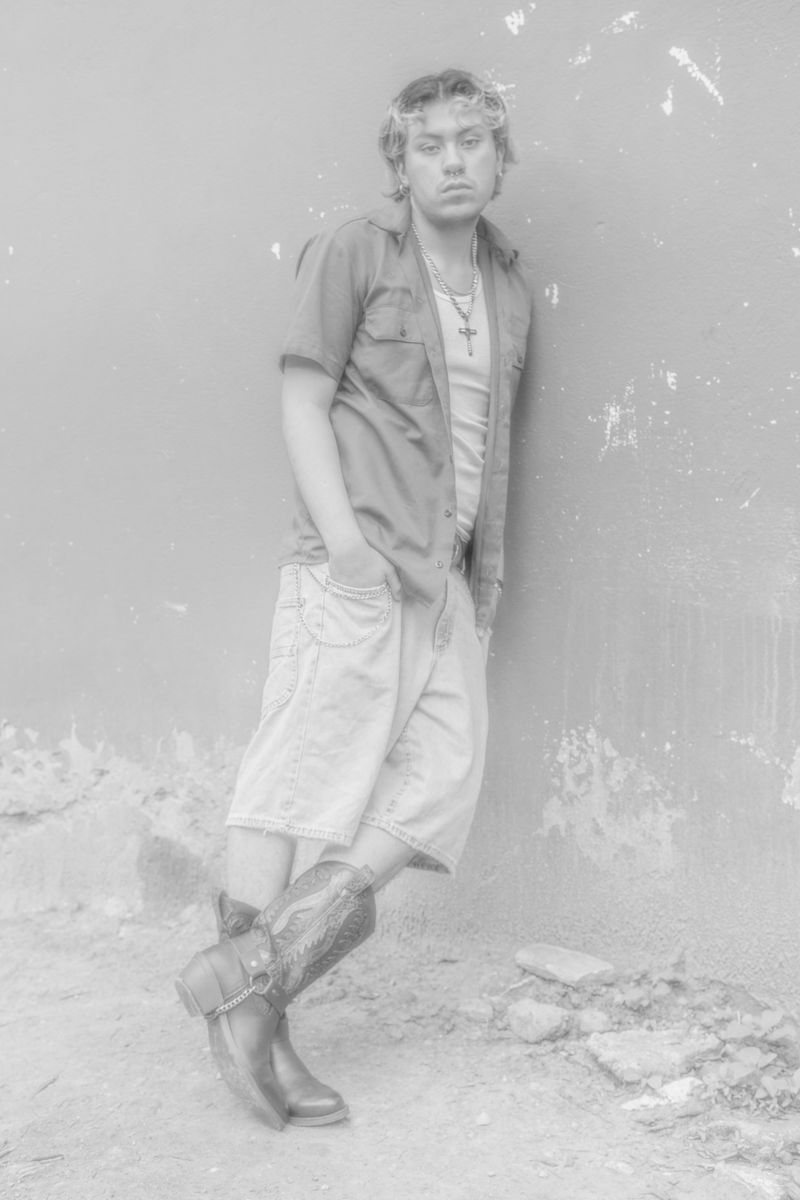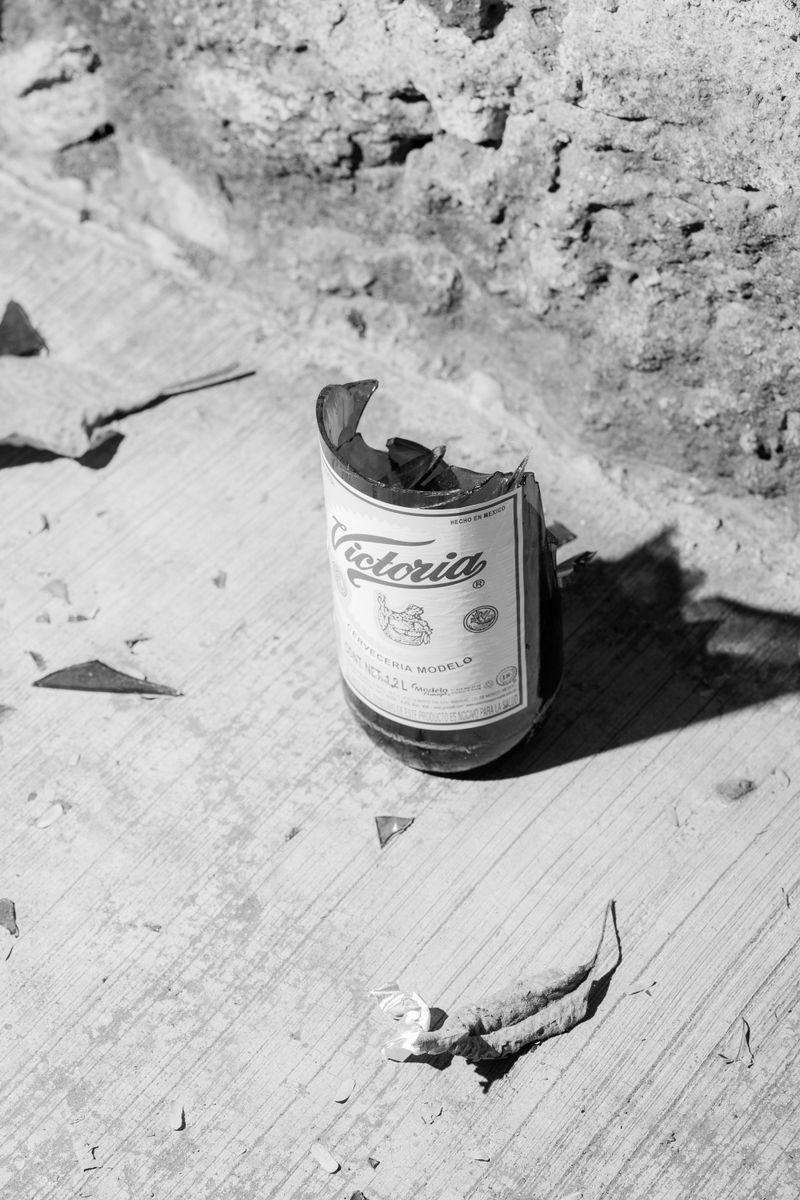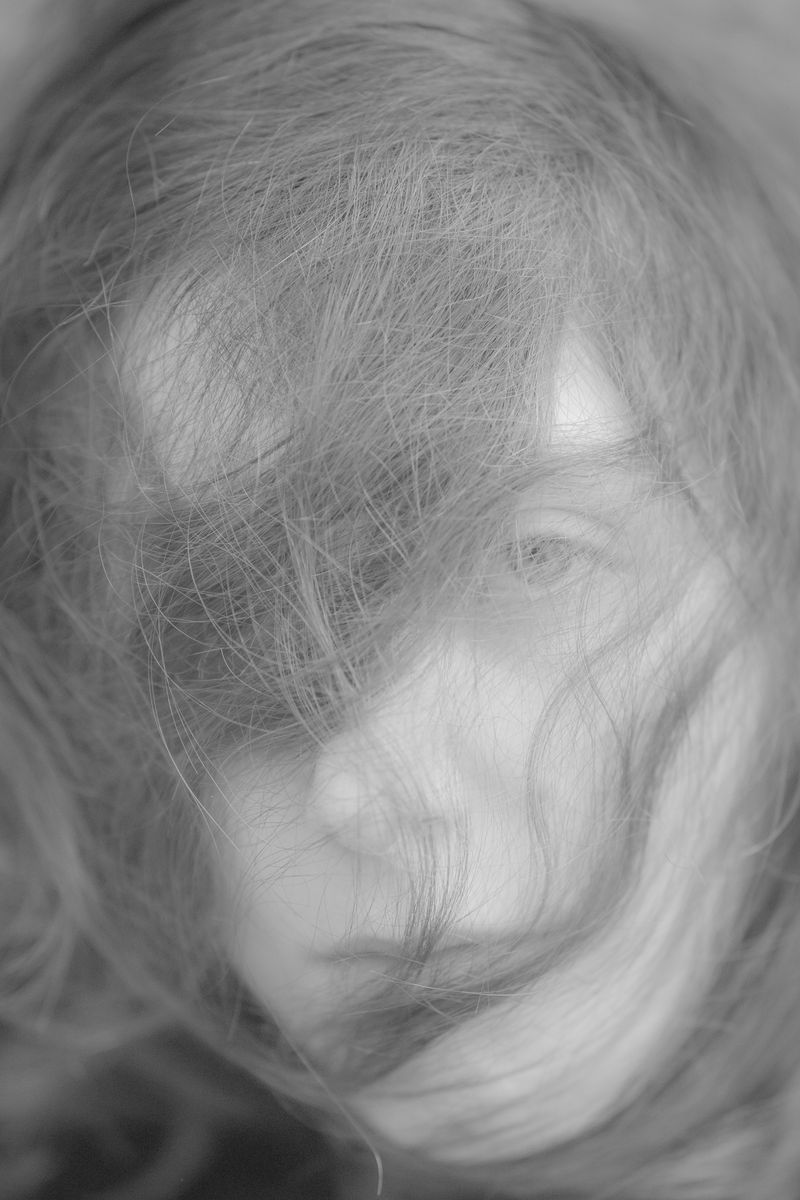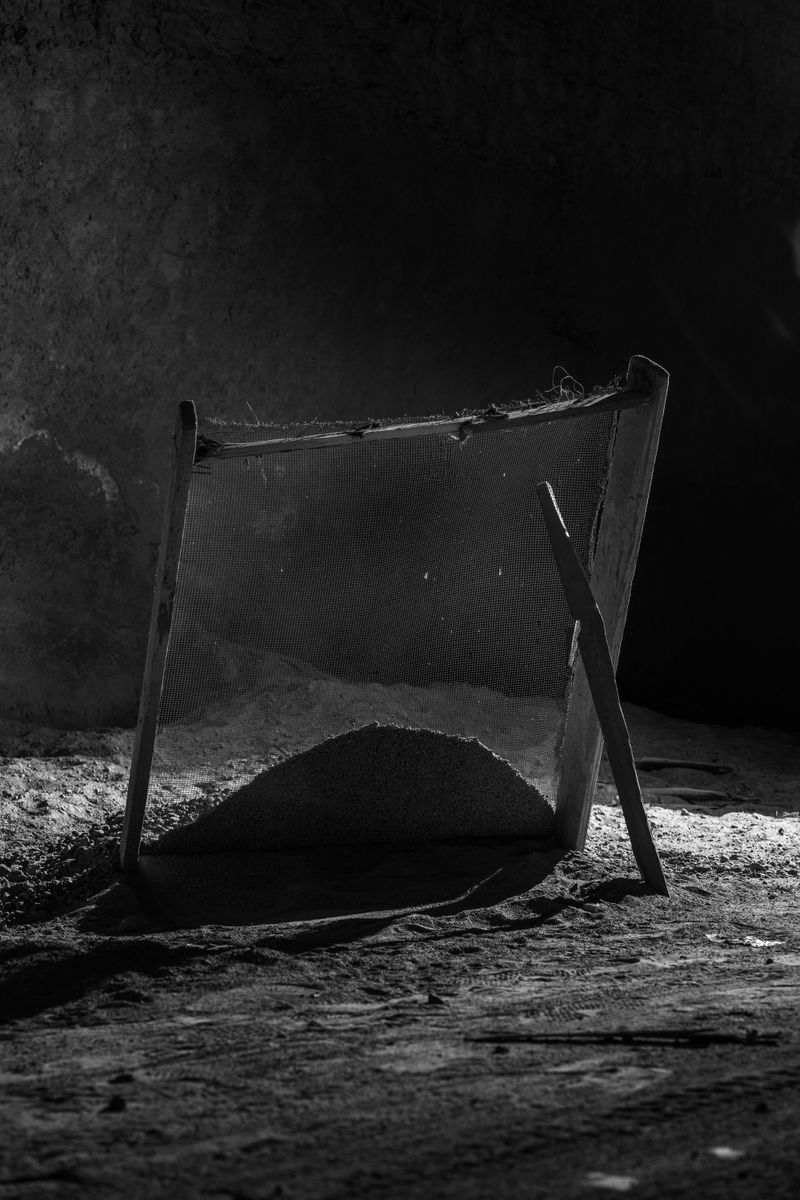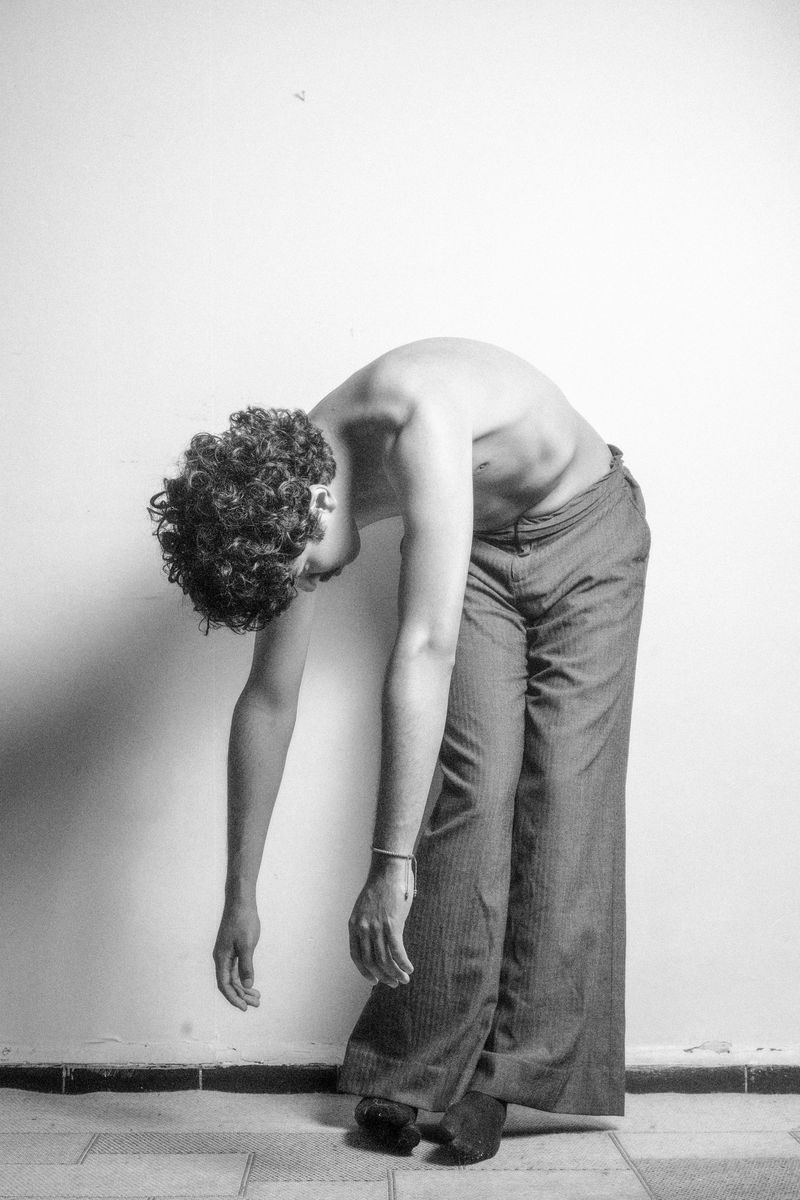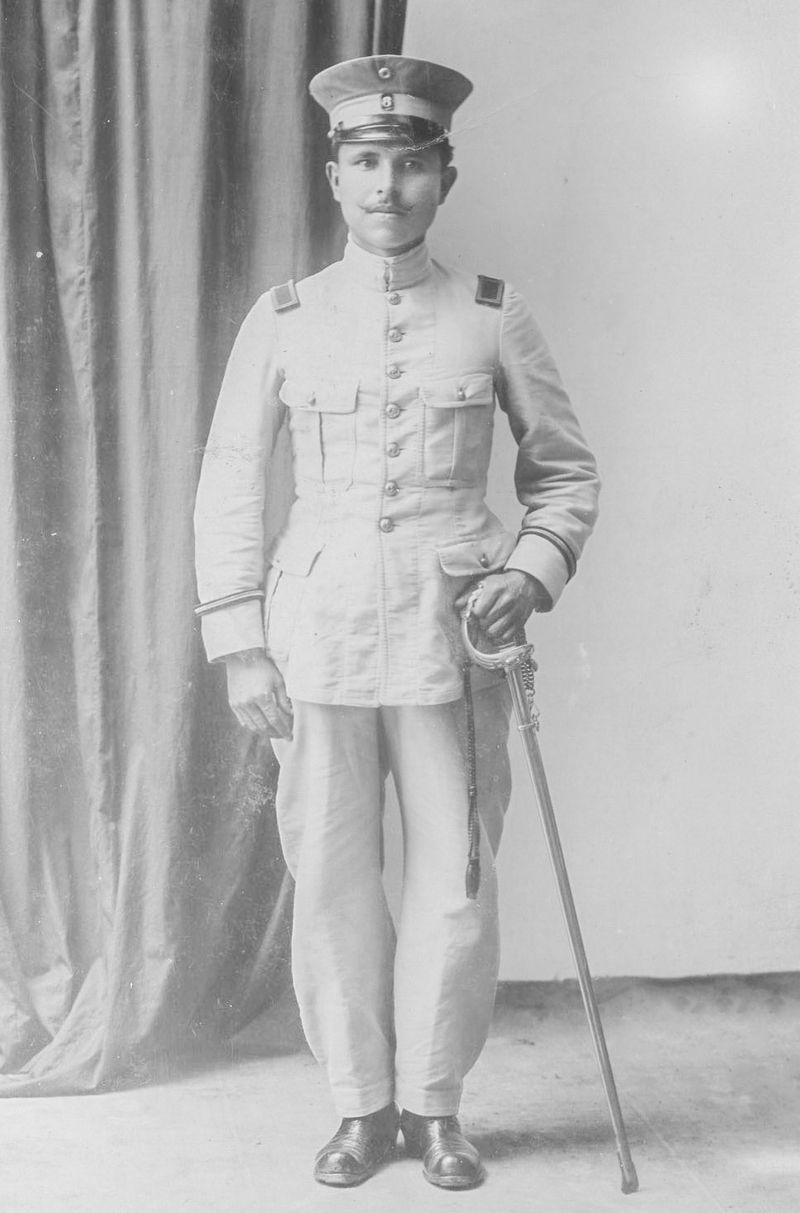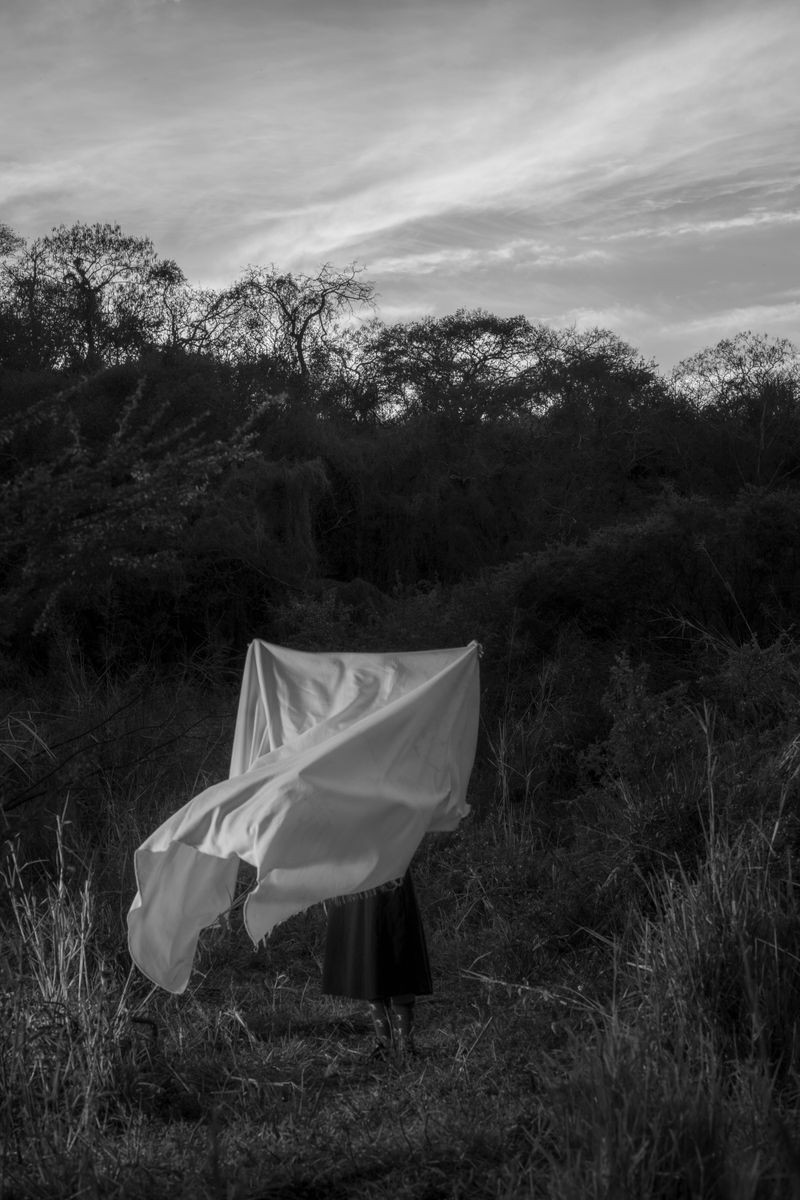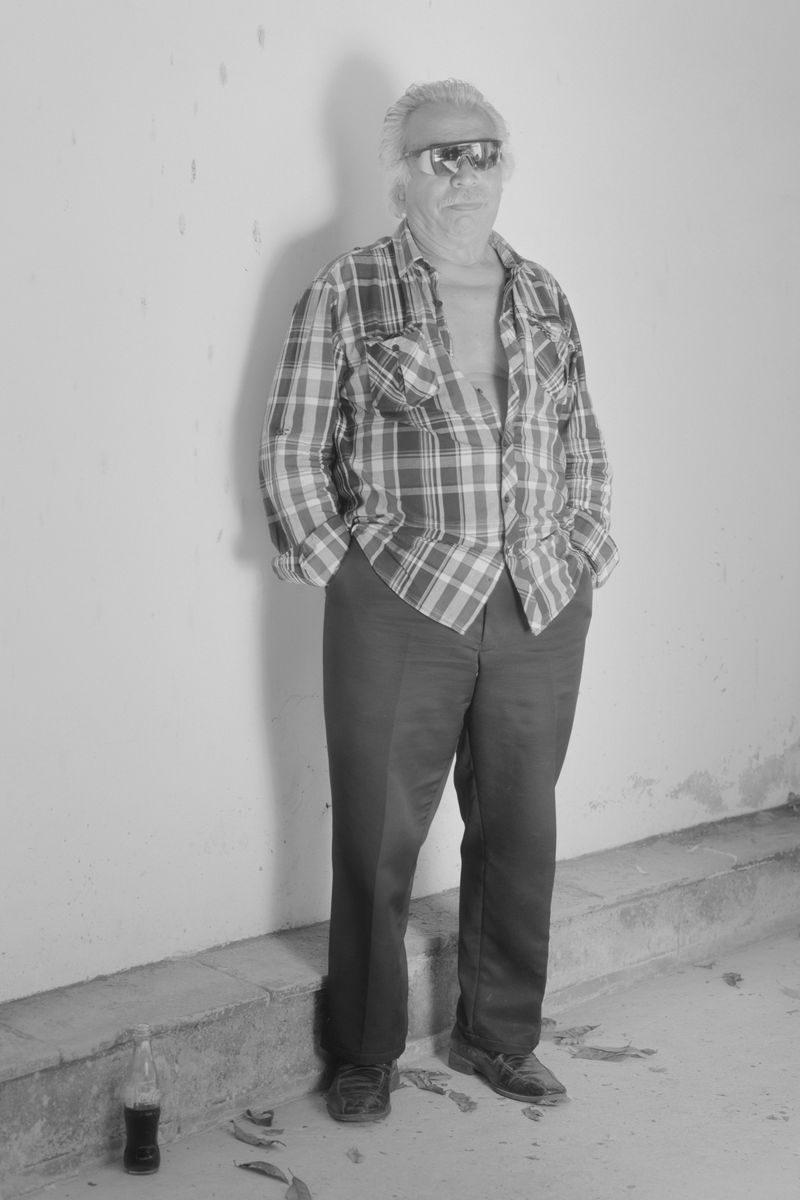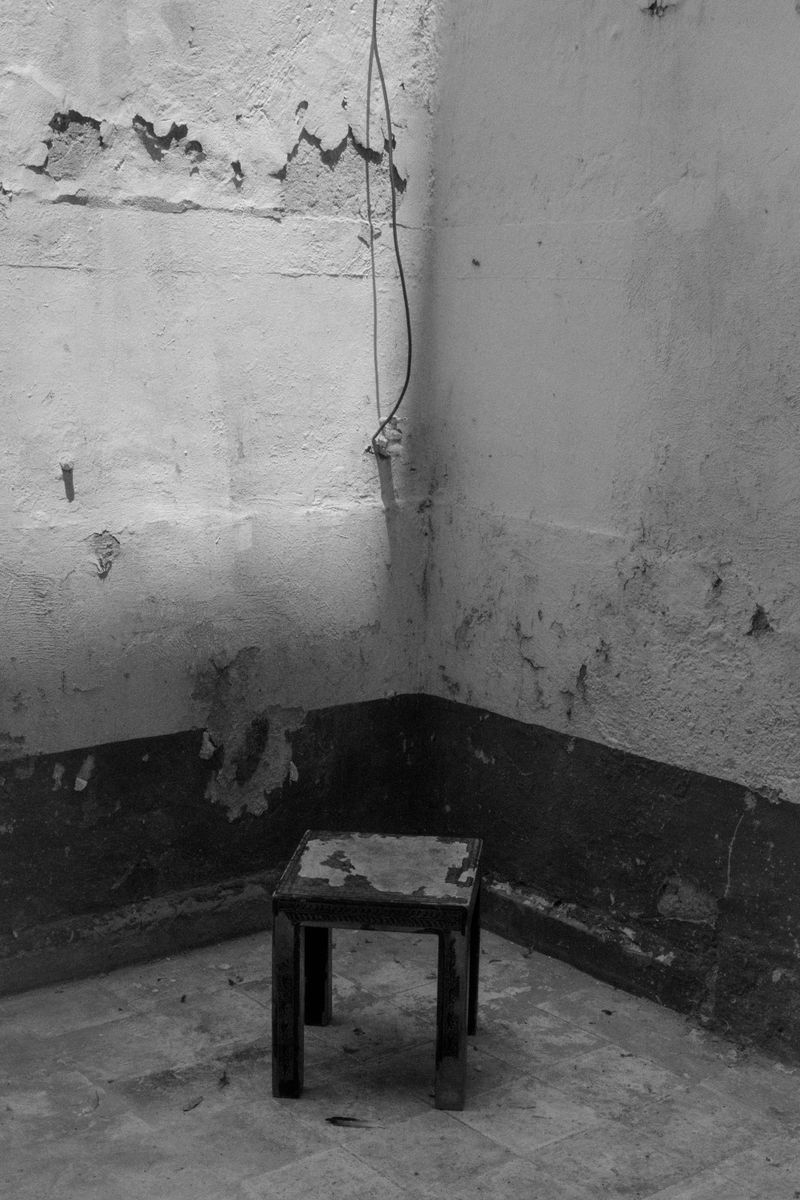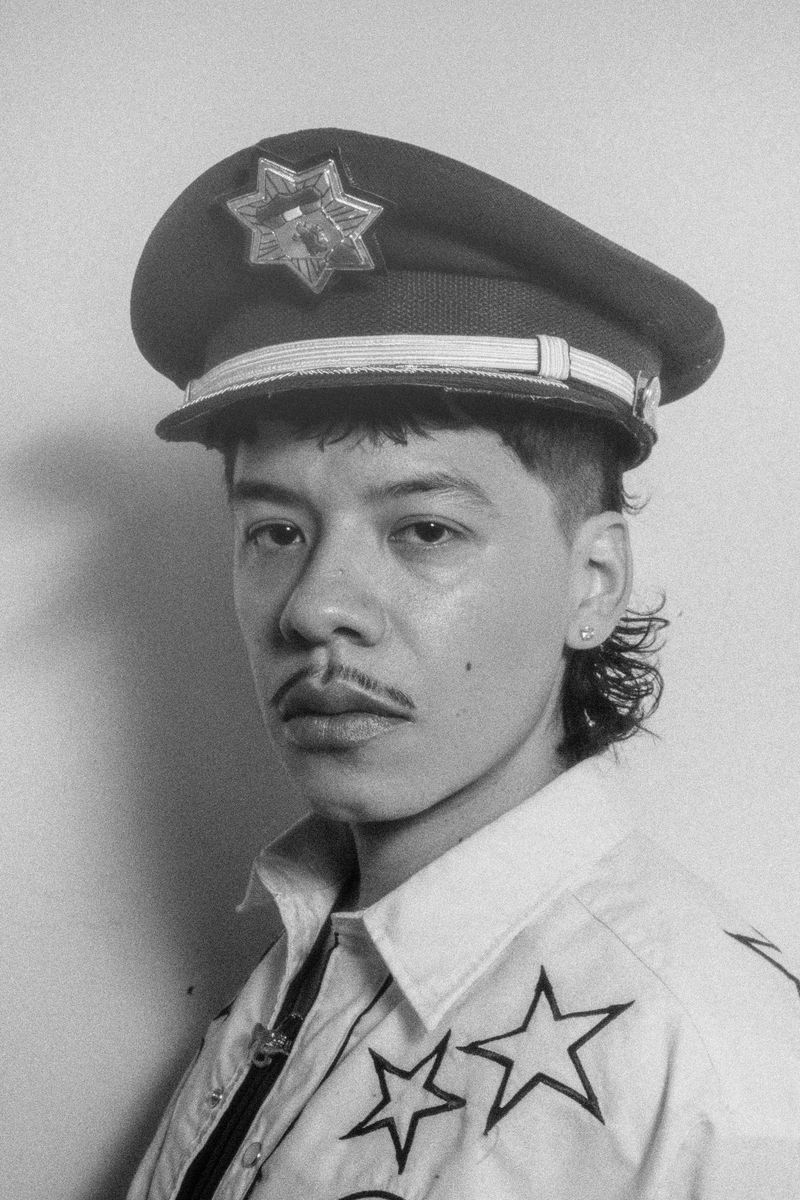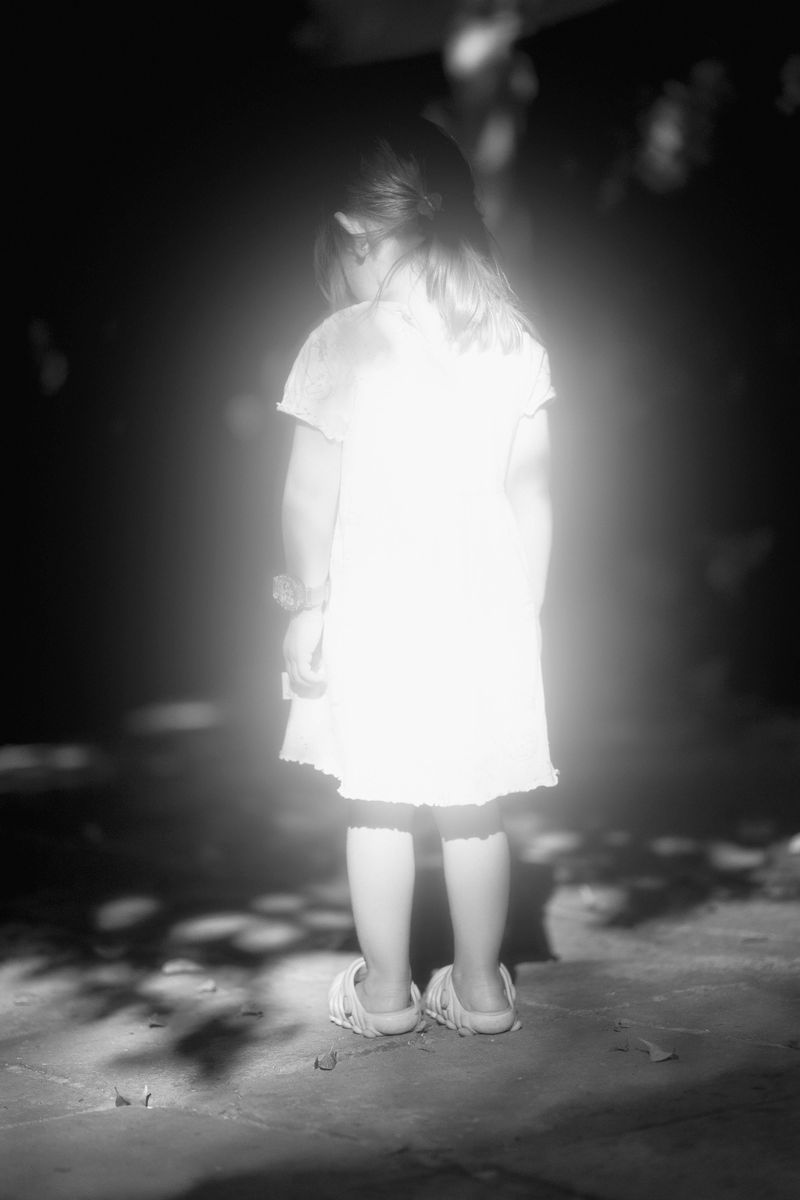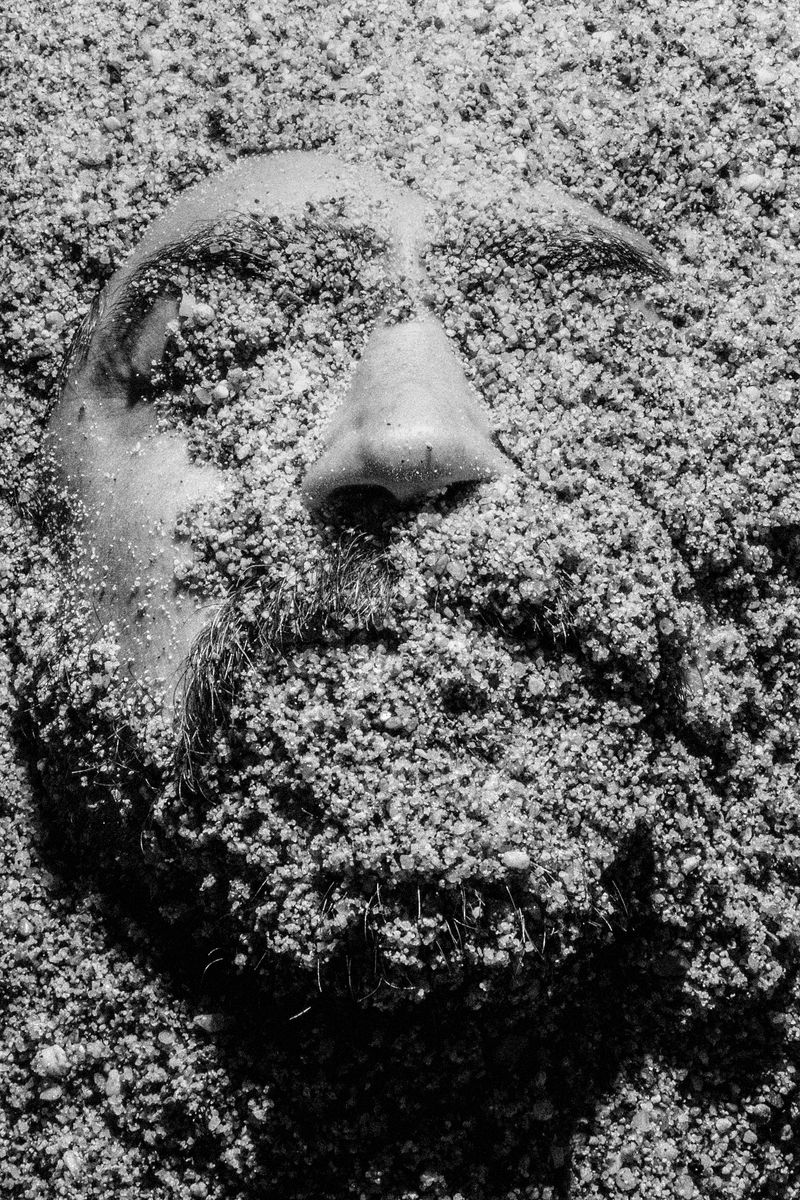The Bastard Son Of The Revolution
-
Dates2025 - Ongoing
-
Author
- Location Chiconcuac, Mexico
This project explores fatherhood through absence and illegitimacy, tracing how Mexican patriarchal structures – marked by the duality of the "casa grande" and "casa chica" – shaped my own relationship with my father.
In post-revolutionary Mexico, the State consolidated its national project around the idea of the traditional family. This dual structure—casa grande (the public family) and casa chica (the hidden one)—shaped generations of men. My father’s father was born from the illegitimate line of a revolutionary general. That inheritance of absence also marked my own father, who, although he did not replicate the model of parallel families, was unable to fully inhabit the paternal role. Although we live in the same city and exchange WhatsApp messages, we have only met three times in twelve years.
This scarcity of presence led me to search for his figure in other men: in strangers on the street, in gestures that echoed him, and through casting sessions where I invited men to embody fragments of him. By photographing these encounters, I attempt to zigzag between the opacity and transparency of fatherhood, tracing how absence shapes masculinity, affection, and care.
The Bastard Son of the Revolution reflects on masculinity through absence and illegitimacy. Grounded in family history yet projected onto the bodies of others, the project examines how patriarchal structures persist across generations, and how photography can both expose and fracture the legacy of the absent father. Perhaps the only bond linking the three of us is that cursed blood striking the earth with its fury and running through our veins: the denial of the casa grande, the enduring presence of the absent father.
This is an on-going project.

